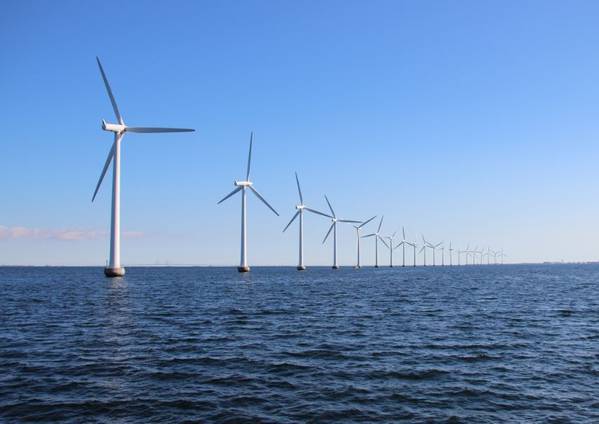
Germany's economy and climate ministry presented a package of measures on Wednesday to speed up the expansion of renewable energy, as the need to reduce the country's heavy reliance on Russian fossil fuels adds urgency to its green transition plans.
The three parties that makeup Germany's government had outlined their broad goals for expanding renewables in the coalition contract they signed last November, but Economy Minister Robert Habeck said the war in Ukraine underscored the importance of the plans.
The package envisages green energy accounting for 80% of the power mix in Europe's biggest economy by 2030, up from about 40% now and a previous target of 65%.
"On the one hand, the climate crisis is coming to a head. On the other hand, Russia's invasion shows how important it is to phase out fossil fuels and promote the expansion of renewables," Habeck told reporters.
The legislation includes a new clause acknowledging that the use of renewables is in the interests of public security.
The country's Renewable Energy Sources Act (EEG) also includes a goal for offshore wind energy to reach at least 30 GW by 2030 - equivalent to the capacity of 10 nuclear plants - and at least 70 GW by 2045, the sources added.
Further legislative changes are expected during the year, in particular regarding energy efficiency in buildings and the reduction of greenhouse gas emissions in the transport sector.
Germany's cabinet agreed to the plans although the pro-market Free Liberals - part of the ruling coalition also including the Social Democrats and Greens - insisted some details be thrashed out in parliament.
Experts expect the changes to come into force on July 1.
(Reporting by Christian Kraemer and Joseph Nasr; Writing by Sarah Marsh and Madeline Chambers; Editing by Richard Pullin and David Holmes)



